Must Good Characters Be Likeable?
 “I don’t like Katniss,” my wife, Lacy, explained the other day.
“I don’t like Katniss,” my wife, Lacy, explained the other day.
Yes, we’ve been reading The Hunger Games books, being very un-cool only to read them after the film released and the series again proved popular. As Lacy recently explained to a co-worker, being aware of novels like these is now our “family business.” After all, sad to say, many Christians frankly prove they either don’t understand fiction, or think that a Bad Book gives us license to be careless or even lie about its contents or author.
Still, that doesn’t mean anyone must read the books, or must enjoy them while reading. So far, Lacy’s perspective is the latter. And now that we’ve both finished the first book, I find that I somewhat agree. Though there’s growth, sacrifice, victory, and solid themes about our culture’s celebrity “warfare” sins, it’s still depressing stuff.
But until Lacy made her remark about Katniss, central character of The Hunger Games series, I hadn’t even thought about whether I liked her — that is, Katniss — personally.
Thus my question: for a good story, must its central character be likeable?
Or can a skilled storyteller skip what would otherwise be that requirement by creating a character who is mainly sympathetic?
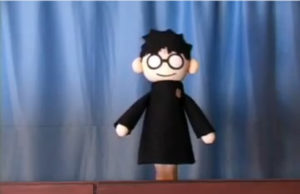
"I feel cranky and pubescent today, and I don't know why. Rrrrrrr! I'm gonna take it out on people I like."
This also applies to Harry Potter, by the way. Many readers, including my wife, find him not nearly as personally likeable as the supporting cast: Hermione, Ron, the Weasley twins, and many of the Hogwarts’ teachers. But if you had the world’s most evil wizard climbing inside your head, who made you an orphan, and who kept interfering with an otherwise ordinary wizarding education, you’d have people sympathizing with you, too. If anything, more-likeable supporting characters make the character of Harry even more sympathetic. And their natures make a better story; one case of Wizard Angst is enough.
For Christian stories, the likeable/sympathetic dilemma may be even more pronounced.
As author John Otte remarked last week, most Christian fiction is likely read by, um, Christians — yet so many of our novels feature main characters who are non-Christians. Are they likeable? For the Christian reader, perhaps not. Instead they are sympathetic. This is true especially if the story’s plot turning point, or climax, is his/her salvation.
Don’t misunderstand. I like plenty of nonbelievers in reality! Still, it’s like the difference between liking a female friend and loving my wife: I appreciate other women, but there is no comparison (and there shouldn’t be!). Similarly, I appreciate nonbelievers for their talents and kindnesses. But I only feel at home with faithful Christians. They aren’t just likeable people, with good traits despite their fallenness. They are redeemed family.
This also applies to nonbelievers’ and believers’ stories. Maybe it’s why I often prefer cheap, little-literary-value novels by Christians to masterpieces by nonbelievers. The non-Christian’s story may be a blockbuster. But that cheap tale — it’s by my brother.
Still, my brothers and sisters often produce stories with only sympathetic non-Christian characters, instead of likeable, though struggling, heroes who are also family.
With that in mind, I can level with non-Christian characters such as Katniss Everdeen, or Harry Potter, who are mainly sympathetic, likeable only at times. If their stories are great, and they are moving toward likeability, so much the better.
Yet for a Christian’s story, whose truths and beauties must move beyond common-grace echoes into specific-grace songs, I much prefer Christian characters. True heroes who remind Christian readers of themselves, with redemption and struggles alike. People who are not merely sympathetic, but likeable. People who remind me of Christ Himself, of God’s already-established yet coming Kingdom, of resurrection, and of family.
Note: After nearly two years of regular columns, Kaci Hill has needed to step back from her work. We wish Kaci well, and look forward to her future guest pieces.

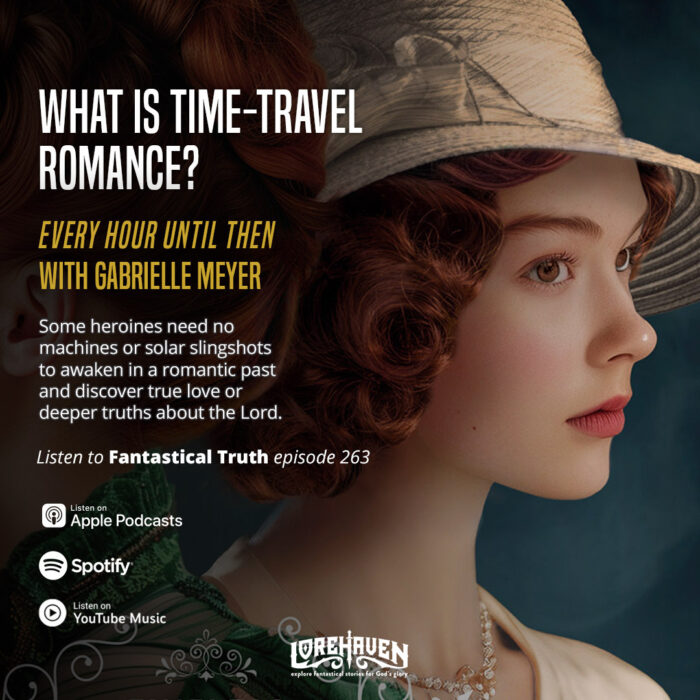

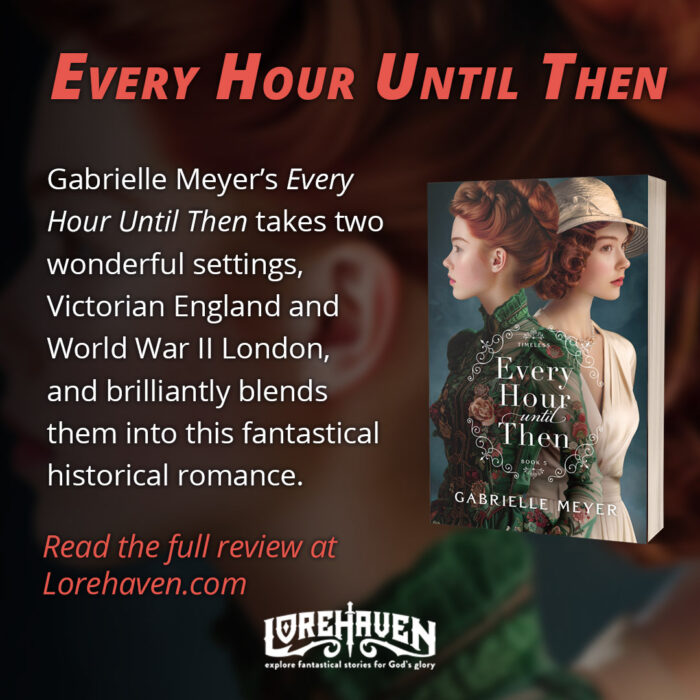
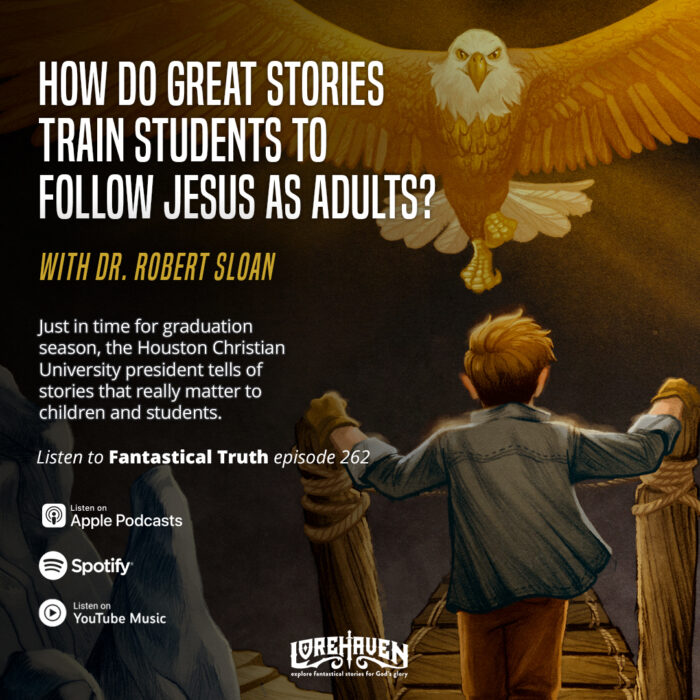
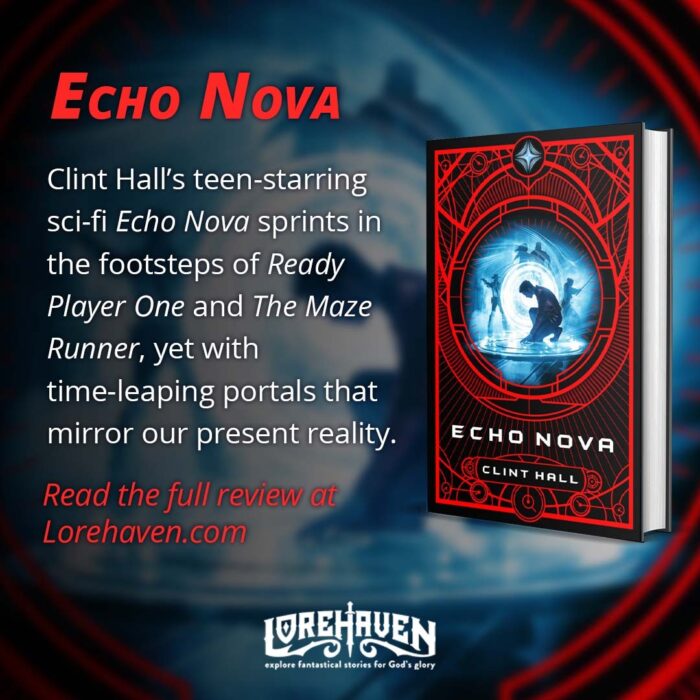













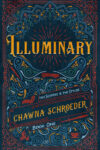

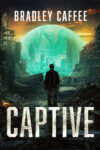



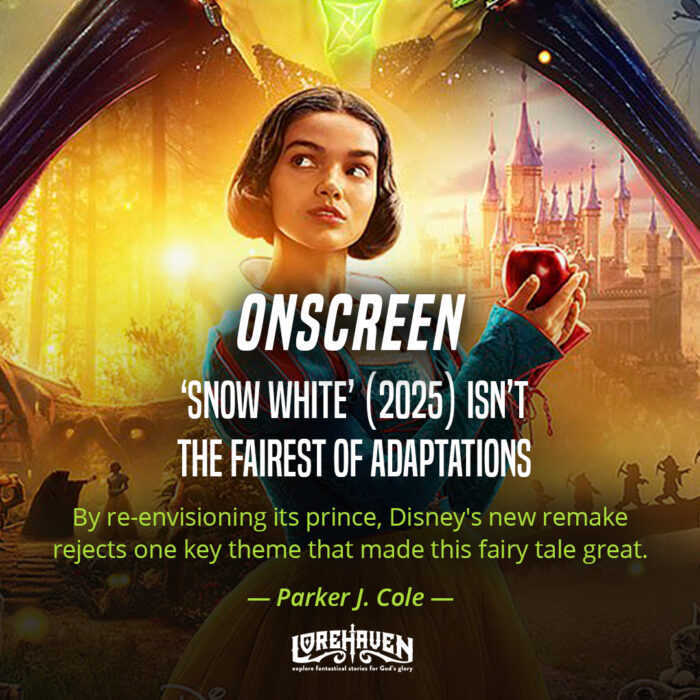
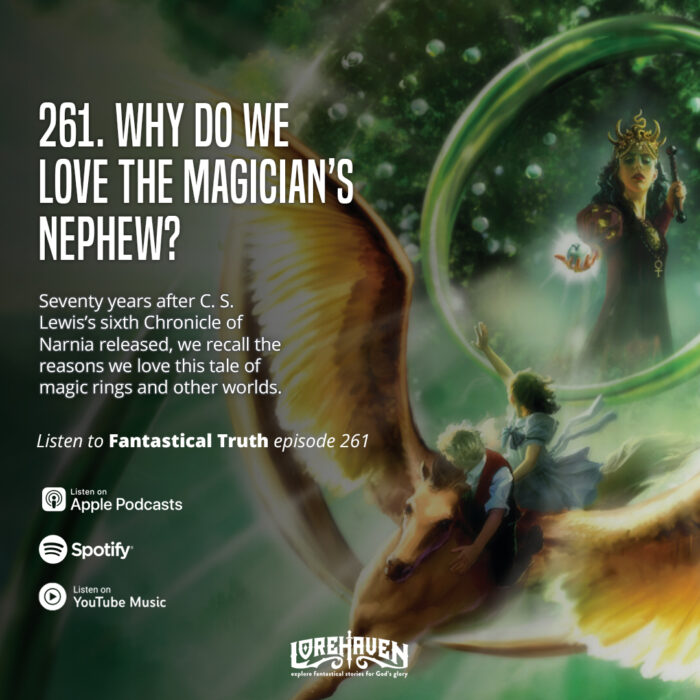
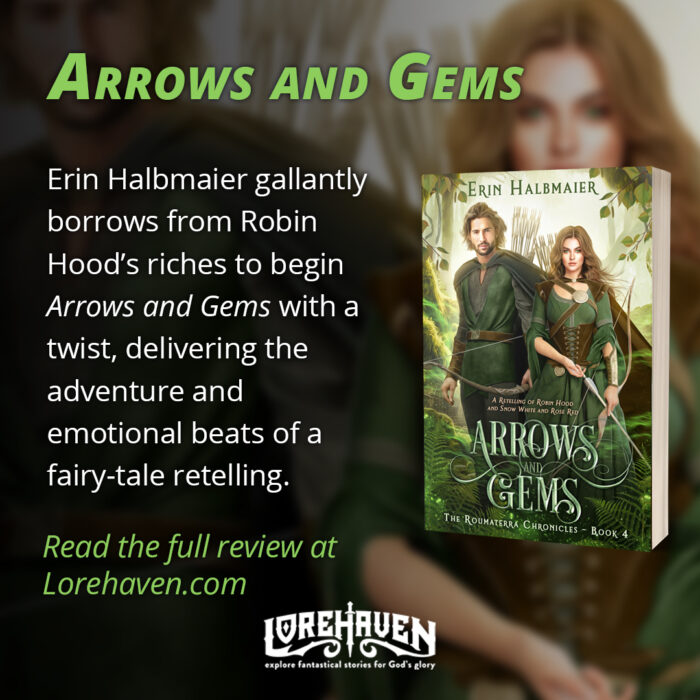
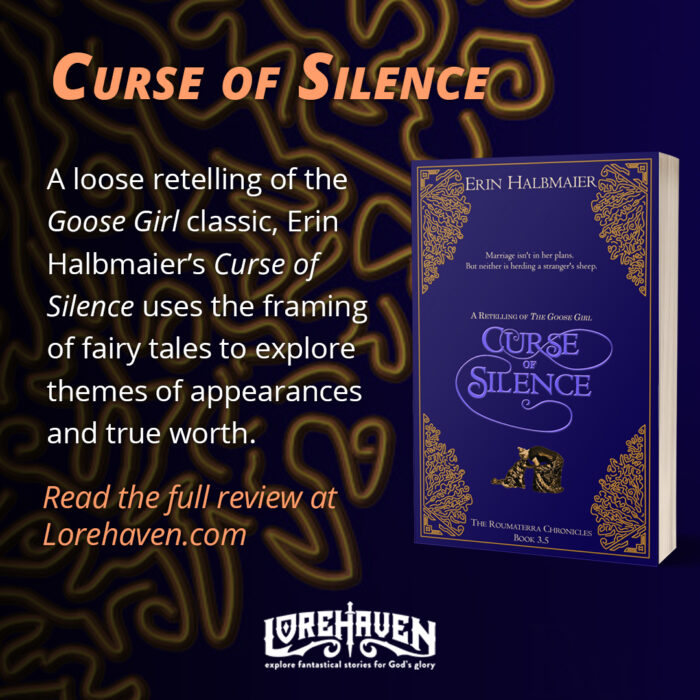
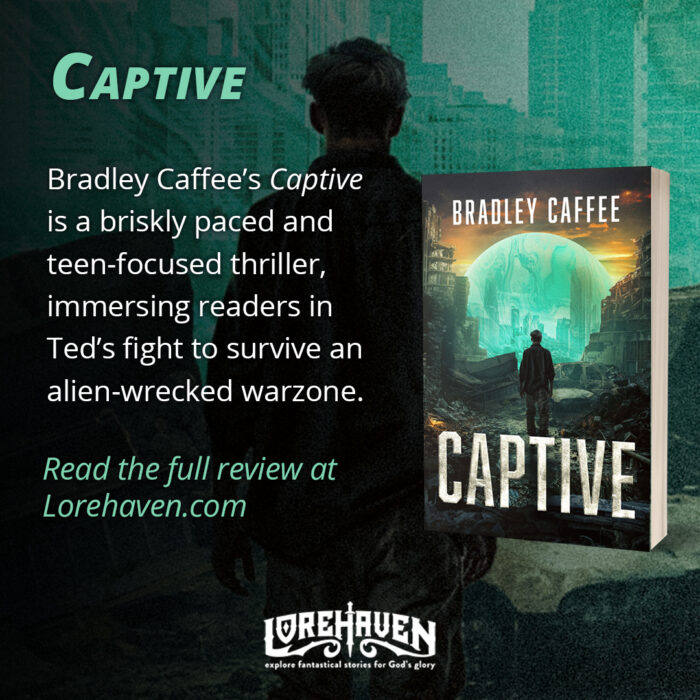








I prefer to read books that have likeable characters in them. Heck, I want characters to make be feel SOMEthing: pity, like, dislike, hate, envy, enthusiasm, fear. I’ve read lots of books with main characters that were completely forgettable (The Golden Apples; Eregon). They didn’t make me feel anything at all.
Now, as for actually liking the protagonist, that falls into the realm of the reader. I like some characters and dislike others, while other people like the ones whom I dislike. It’s all about the author hitting that emotional resonance.
Somebody must like Katniss or the books wouldn’t have taken off. Same with Bella in Twilight. It’s that target demographic that eats up the books. I’m not the target demographic anymore and it doesn’t appeal to me.
It’s an interesting distinction, and one I admit I haven’t thought much about. Sympathy, I think, tends to morph into likability most of the time, and it’s difficult not to feel sympathetic toward a character you like.
Severus Snape is a supremely disagreeable, unlikable character, but I found him increasingly sympathetic as I progressed through the Harry Potter saga and discovered more about his backstory. Once Snape’s school days were revealed, those events completed the transformation of my perception of him from despicable to tragic, and the bullying he endured took a bit of the shine off James Potter’s halo.
There is also with Snape a sort of “cool factor,” particularly in the movie portrayal, that makes him almost likable from the get-go. He’s nasty with style, and a worthy adversary for Harry.
Well, I like Harry. But one of the reasons Hunger Games will never be a favorite is that I hate Katniss. For me, characters make the story, and love for characters covers a multitude of literary sins. (Merlin, anyone? Badly written show; wonderful main character with acting ability off the charts. Or Doctor Who… the glowy CGI doesn’t even register after awhile.)
It depends on why I dislike the character. If I hate him because he’s boring, hypocritical, etc, I probably won’t keep reading. But if I hate him because …well, there are reasons I’d read a story with someone I hate. If I don’t sympathize with them…well, then it gets put down really fast.
I hated Achilles, but it was the sort of hate that made me want to keep reading. In Mockingjay, I lost all sympathy with Katniss and barely slogged through.
It’s funny that some people say they don’t like a character because said character is boring, hypocritical, inconsistent–because, frankly, many real people are that way. So technically those characters should be considered more realistic.
Let’s face it — we all grew up reading about idealized main characters. Now that we’re adults, that who we want to read about. We still want heroes. If a hero is struggling with personal problems and starts complaining, you get a whiner–and that’s not a good main character.
Besides, I have to deal with enough dull/annoying/insert negative adjective here people in real life–why would I want to deal with them in fiction unless there’s something more to them?
I don’t know if “likability” even registers on the scale of things that make me like/dislike books or characters. With Katniss, she was a lot like me. In her circumstances, I’d probably make 90% of the same decisions.
I don’t think good characters really have be likable.
I’ve been wondering whether protagonists in speculative stories who are cast in the Mythic Hero mold always have practical, straightforward, moderately introverted personalities. I think this might be related to the subject of this column.
I’ve been thinking about how we might envision the personality of Jesus from what we read of Him in the Gospels. Practical? Fearless. Introverted? I wonder if the Bible really gives us a good picture of what it would have felt like to spend time in His physical presence, to “hang out” with Him.
I didn’t really think about whether the portrayal of Jesus in the Gospels shows him to be sympathetic or likeable. I believe Jesus definitely appears sympathetic, because He didn’t deserve what He suffered — the ultimate suffering for all that is wrong with humanity. But does Jesus appear “likeable” in the same way that your best buddy is likeable? Does His portrayal in the Bible transcend any sense of “liking.” Could He be too profound and deep to be “likeable”? Do we even like the fact that we owe Him our very souls and can never put Him in our debt?
I don’t know. But if so, maybe that means that all Hero-archetype characters are also less than likeable.
I kinda think the art’s in the telling. Harry and Ron really had to grow on me; Hermione was an instant win. I liked Severus Snape from the start. I have no idea why. Amy Pond and Rory had to grow on me; River was an instant win. And since we’re on it, The Doctor is probably the most inconsistent personality I’ve ever seen, and we love him anyway.
It’s okay for a character to whine sometimes, and it really depends on what they’re whining about. And for how long. Eventually they gotta do something.
Now, if I think the writer’s trying to manipulate me into sympathy, game over. I don’t care who the character is; if you toy with my emotions you’re going to lose me. Harry almost lost me completely at a couple points, and Ron lost me the bulk of “Goblet of Fire.”
Bella was an odd case, because I actually liked her at first, but as the story progressed I started wanting a new narrator. I think that’s why I liked the Jake point of view scenes: He’s a stronger voice than Bella. Unlike Bella, both he and Edward are more directly involved in the overall danger of the situation. (Of the “good guys” in Twilight, I think it’s Rosalie who’s the strongest/most interesting. I liked her when no one else did. And learning her backstory only made me like her more.)
As for Merlin…I couldn’t sympathize with Uther Pendragon even on his deathbed. It didn’t matter how hard the writers tried; the man betrayed everybody and not once felt remorse over it. He betrayed his oldest friends and his own son, more than once. I had to wait far too long for that character to go. On the flipside, Morgause was a character I was genuinely sad to see go. I really liked her.
I remember reading this one book for a college class once. I was kinda excited because I’d read this guy’s short stories and enjoyed them. Two teenagers have a summer fling, both fairly amoral. The problem is that neither actually cares for the other, and they openly acknowledge this. So I’m stuck reading a book in which two people are using each other for sex, and at the end of the book they have a fight (gasp!) and break up. The end. They don’t see each other again. If it hadn’t been for a grade, I wouldn’t have finished the book. And at one point I was considering the bad grade. I just didn’t care about them. they weren’t likeable. They certainly weren’t sympathetic. They were two bratty teenagers at the beginning, and two bratty teenagers at the end. There was no change whatsoever, other then the “relationship” terminated (as it needed to).
Anyway, I don’t think it’s strictly a matter of how moral, consistent, or virtuous they are. I really think it’s a combination of the writer’s approach and the reader’s perception.
Respect, I think, is a lot of it, and how you earn a person’s respect is somewhat subjective. I know what my own grounds are, and they tend to apply both in the real and literary worlds.
This is why I still haven’t been able to get more than a few chapters into The Shack. Besides the fact that the author saves all his more-interesting and overt “gosh wow I can’t believe he just said that” notions until later in the book, the ploys for sympathy at the very start are over-the-top manipulative. I didn’t even need to raise personal shields to prevent being overwhelmed by bursts of synthetic sympathy. Rather, the whole thing was so unbelievable, and thus uninteresting, that if I ever do finish the book, it will only be as a cultural or anthropological exercise, not for fun or education.
Hmmmm. Good points. A few thoughts.
I actually do pity Uther in Merlin, Ma’am, just as I pitied Morgana (who was used by Morgause and creepy Druid-boy). I don’t pity Morgause and creepy Druid-boy (you’d think the name of someone so important to mythology wouldn’t escape me, but it does) who are basically evil and sociopathic in my view, and used her against Uther, Merlin, etc.
I would say you don’t have to LIKE the “hero” of a work, but you do have to have some commonality with them. My views make me unable to have any patience with some characters. I like Snape best, because, even when he’d do cruel things, I got the feeling didn’t enjoy it. He did it (in my view) out of three impulses. First of all, he was an unhappy person, and therefore rough in general with anyone outside of Slytherin. This was worse for the “big three” (Harry, Ron, Hermione) than even other non-Slytherin characters and Harry most of all for the other two reasons.
He was trying to “toughen” Harry up, and maintain balance so Harry would actually learn and have discipline. With the exception of Professor McGongall (sp?), the rest of the staff at Hogwarts really DID coddle Harry and (to a lesser extent, since they were with him all the time, Ron and Hermione). Snape really did have a point on that, in my opinion. Harry and the others survived exactly DUE TO the harsh treatment that Snape gave them, ensuring they learned discipline and how to endure hard things.
The dividing line that makes me not like some characters, no matter how “heroic” they may be (James Potter, for instance, also Egwene and Aviendha (until she begins changing near the end of Book Seven while looking for Olver from The Wheel of Time)) or tragic (Morgana from Merlin (whom my pity was stretched NEAR breaking towards)) refers to two areas. Do they actually ENJOY hurting and killing other people, even if it is necessary (even if only in their own eyes)? And do they enjoy their authority and powers over others? If the answer is yes to one of these, they are turning evil, and if it’s yes to both of these, they ARE EVIL, in my opinion. That is why only the assurance of Lacy and one of her sisters on an FB convo, combined with spoilers that this character WILL change eventually, have made me not write off Korra on the new Airbender cartoon, for instance.
I would just say for me, that is the key. Are they actually Heroic (even with some faults), or do any faults take a form that I can not abide, or view as evil. That has far more to do with the issue for me of how I put up with a character, than “likability”.
I should clarify I liked Morgause as a character. She’s a very strong, consistent person who is acting in revenge against Uther’s hand. She may be evil, but I can understand and appreciate how she got there without condoning her actions. I can understand wanting retaliation.
My problem with Uther is everyone kept trying to gloss over what he’d done (or was doing). Uther’s completely irrational when it comes to magic; I get that. I do not understand simple things like disinheriting your son at the request of a stranger you’ve just married, or humiliating said son publicly. Honestly, there’s a reason Arthur went into a blind rage and tried to kill him. (I am glad Merlin stopped him; I don’t think Merlin had to lie to do it.)
I understand Morgause’s revenge, but I don’t understand Uther’s dismissal and betrayal of those he supposedly loves most.
My problem with the introduction of Mordred was nothing other than I have a problem with child heroes and villains.
I do agree with you on Snape. I never saw him as a villain.
Edit: as a character, not as a person, if that makes sense; she’s a great character, but if I met her in person I’d have to come at her with a stick
Oh, Morgana. I loved her so much in the first two series. In Series 3, I flailed around a lot and thought, “THIS WAS NOT SUPPOSED TO HAPPEN!” – partially because I think they rushed her descent to villainy just a wee bit. Now in series 4, she’s a really cool, really tragic villain. But I still want her redemption SO BADLY.
Maybe, but I think they wanted Morgana’s passage to the dark side to be Merlin’s fault. I wonder what would have happened, though, had Morgause told her the full story about how her life was ultimately spared.
I think having likeable main characters certainly helps, but a skilled enough writer can do wonderful things. Personally, I too liked Harry Potter less than his friends, and in some cases, less than Severus Snape etc. In book 5 (OotP) he was the epitome of annoying – but I see it was necessary for his character (he was a teen. Ha!) and it was required for the story. But there are some main characters that I’ve found egotistical to the max or just overwhelmingly depressing and without a spine.
The first example is quite obviously “Eragon”. What a horrible, horrible main character! The second is Shinji, the teenage boy lead from the anime series “Neon Genesis Evangelion”. Both characters are desperately unlikeable and have few (if any) redeemable characteristics) therefore they annoy the stuffing out of the reader/viewer. That’s not what you want. So most of the time I want likeable main characters to cheer on, but sometimes, if the writer has enough skill, that doesn’t have to be the case.
Interjection: my thanks to all who wrote about The Hunger Games without spoilers. I’ve only read the first book, and I found it to be a great read, quick but in-depth, and with excellent characterization and provocative themes about our society’s lust for violence. If anyone tries to spoil books 2 and 3, though, I shall kill them.
From Kessie:
That’s an interesting phenomenon worth its own exploration (though I’m sure many others have already done this). Others who know more may readily contradict me, but I do wonder if the books have become popular mainly because of their subtle evaluation of our society’s obsession with image, celebrity “warfare,” reality television, violence and exploitation, and even artificial romance.
To me, Katniss (at least in the first book) was highly sympathetic, and she achieved Realism. However, I doubt that’s the main reason the books have become so popular. The books have long since become a Thing, and multiple factors contribute to Things.
From Bainespal:
I certainly hope not. Heroes come in all shapes and sizes, and no one should insist “a hero should be only like this.” Witness the wild variations between some Christians (many of whom have very flawed beliefs!) who insist that true heroes never sin, and Hollywood folks (whom even secular geeks mock) who insist that everything must suffer the ravages of a Gritty Reboot™. Not every superhero should be the bright, joyful, nigh-invulnerable Superman, and not every one should be shadowy Batman.
From Kaci:
“Still a better love story than Twilight”? Well, hmm. I’m not sure, actually.
This just seems like somebody trying to be uber-Realistic, and be so “original” that the rules of Story go crashing out the window. But I suppose one should expect that in a college class. It reminds me of Screwtape’s diabolical advice to Wormwood that the latter demon should impress in his human “patient’s” mind that only things like crime, horror, war injuries, and dead bodies are “the real world” — somehow more real than equally true and real things like beauty, music, nature, and loving relationships.
A related topic: a friend who has seen The Hunger Games film, and read the books, told me that movie-Katniss seemed more “likeable” to him than book-Katniss. I said this:
Different genres, different rules. If from the “outside” we see a real person behaving disagreeably, we’re more apt to judge him or her as being certainly unlikeable, and also unsympathetic. In a book, though, where we can be “inside” a character’s head, we might not like him or her, but we will almost certainly sympathize — just as we do when we ourselves are in sinful states; we may not like ourselves, but we do sympathize! (Brief faith-based note: so does Christ, Who was tempted, but never sinned.)
So far no one’s addressed my I-hope-gracious criticism of Christian novels that offer us sympathetic characters who aren’t Christians, or fantasy-world equivalents, instead of immediately likeable, identifiable Christian characters. Maybe that is my own beef.
However, I feel the solution is not to “make everybody into Christ-figures.” Instead I’d like Christ-figure-figures: characters who reflect Christians (the word could literally mean Christ-figures), even if not reflecting Christ. Not every sympathetic and likeable character must be a Christ-figure. I’d much prefer identifying with someone like me!
How can a character reflect Christians — ordinary ones like us — in an imaginary science fiction or fantasy universe? I think the character would have to go through the trials and hopes that define our Christian experience. I don’t claim to know what the essence of the Christian experience is, but for me, disillusionment, awe, and feeling inadequate seem to be part of it. That’s why I think angst-driven characters sort of work for me, to a degree.
Most Christian fantasy or sci-fi novels have some kind of classification. Knights of the True One, Warriors of [insert fantasy-world name for God], and so on. An example that comes to mind are the parallel-world supposals of the Israelites in Kathy Tyers’ Firebird universe. Perhaps that’s one aspect that made her novels work so well: we’re not tracking pagans until at long last they join a fantasy “Christianity,” but following along with existing “Christians” and their struggles.
Then thank God for you, brother. I think if someone gets beyond humility and awe, one is creeping near the outside of “the Christian experience” and must be pulled back! Yeah, I belong here; it’s normal and I’m cool with all this — that’s not a Christlike response! Also, it’s not nearly as enjoyable or God-honoring.
I guess to me it’s “Same rules apply.” But in all fairness, unlikeable Christian characters are often the “stench of death” so to speak, and generally far worse than any non-Christian, disagreeable character could ever be.
Maybe that’s why I liked Katniss in the movie.
I suppose I like and dislike certian characters for the same reasons (or lack thereof) as real people. Some people you hit it off with, some you want to hit, and some grow on you.
I think I have a real-life situation. Whether it was my Drill Sergeants in the Army at Basic, or the Drill Instructors in the Jarheads (Marines), or the equivalents in the Chair Force and Swim Team (also known as Navy), no one can say in all honesty that they find the folks who spend all day for most of the training screaming, swearing, and making your life a living hell, to be “likable”, or nice. But you also really CAN tell who among them is trying to just toughen you up as it is their job, and even (with the really good ones, want to see you survive in warfare), and those who enjoy being jerks to you, and enjoy the power and action of abusing folks. Neither one of the two (maybe three if you seperate the really good ones I listed out) are ones you like, but there is a difference with who you respect, for sure.
NOTE: I have all the respect in the world for the Air Force and Navy. But I am a Soldier always, so I do have to get in some interservice rivalry. 😀 I am just KIDDING.
I should mention that I am currently working on a story that centers around Christians (mostly college-age). And they are most definitely sinful, fallen, struggling, and thoroughly imperfect people who get themselves into all sorts of messes. Of course, there’s also plenty of redemption involved.
I suppose it shall be my goal to ultimately make these fictional brothers and sisters in Christ likable.